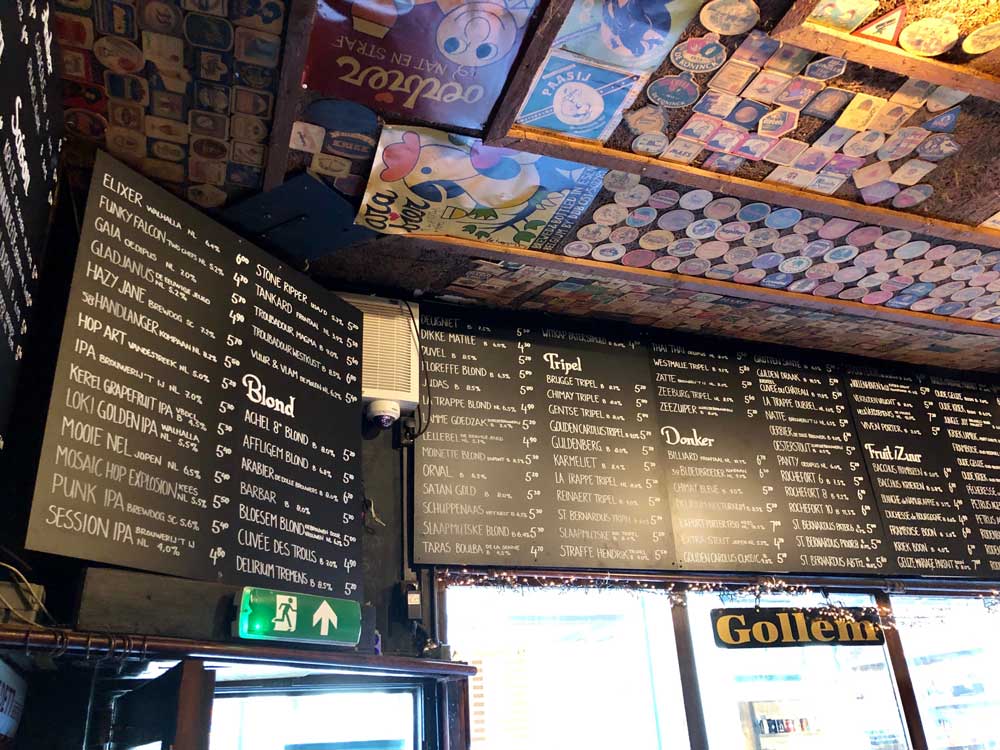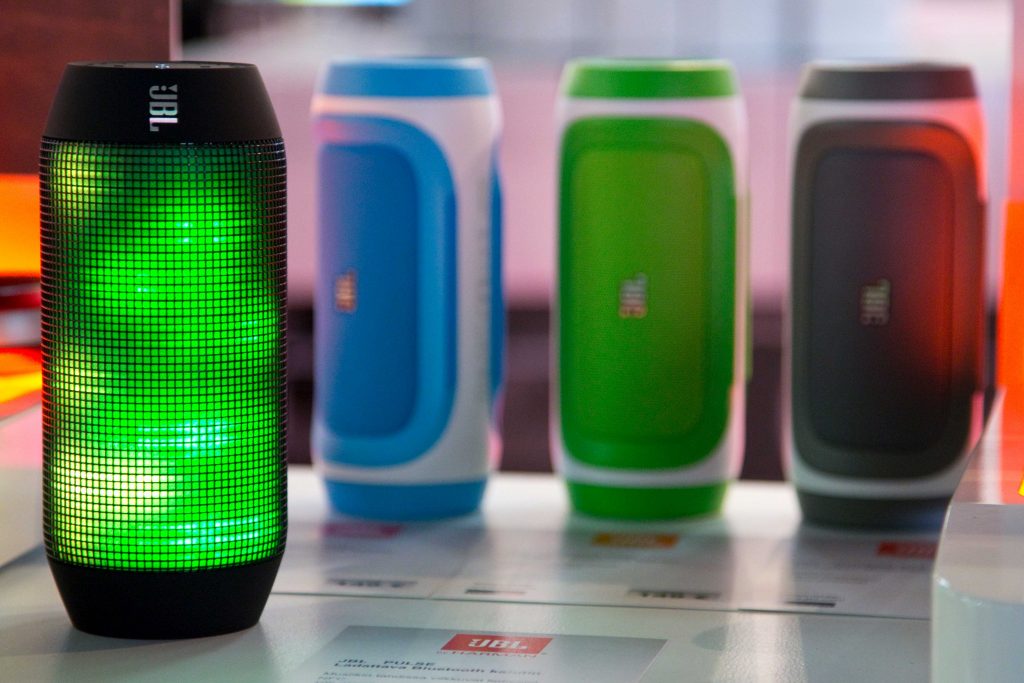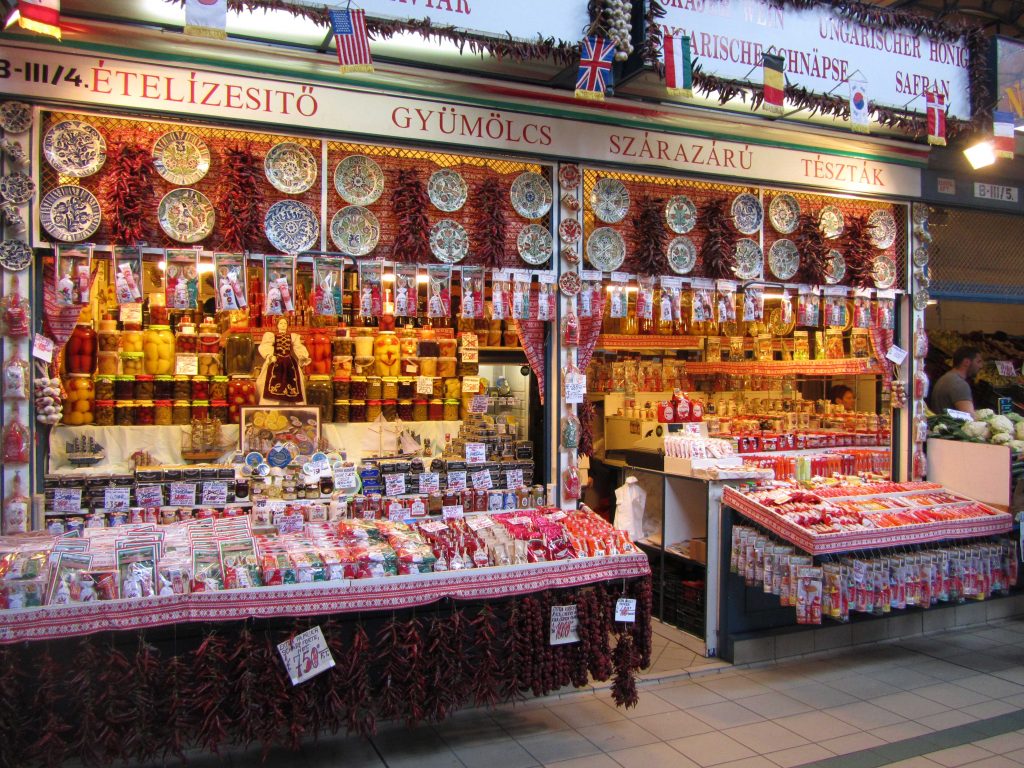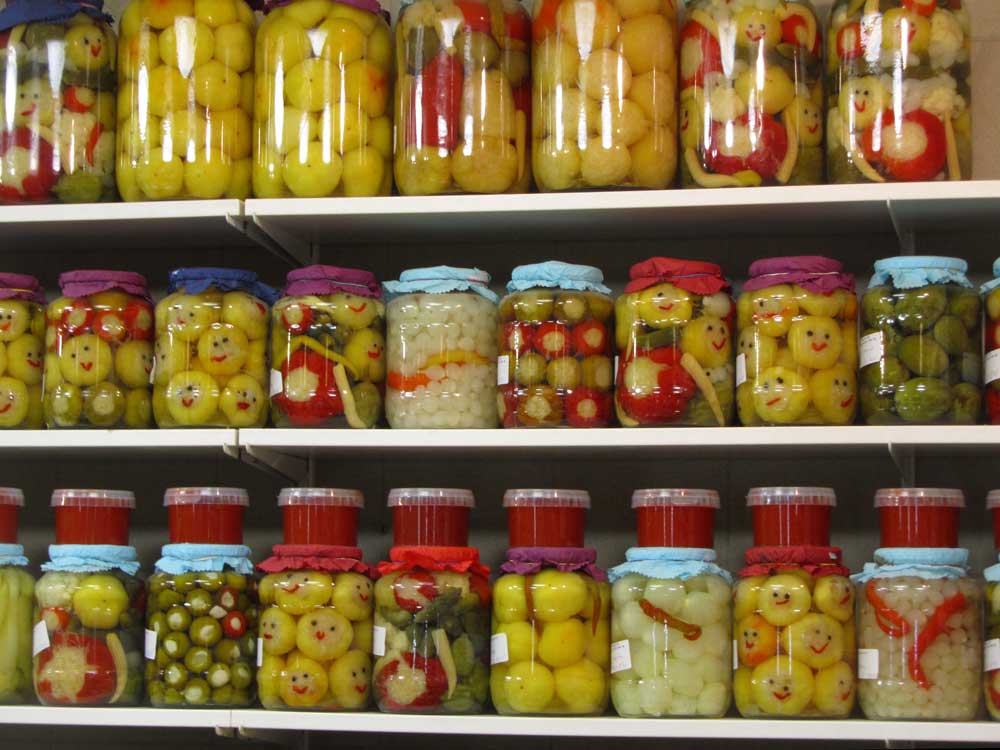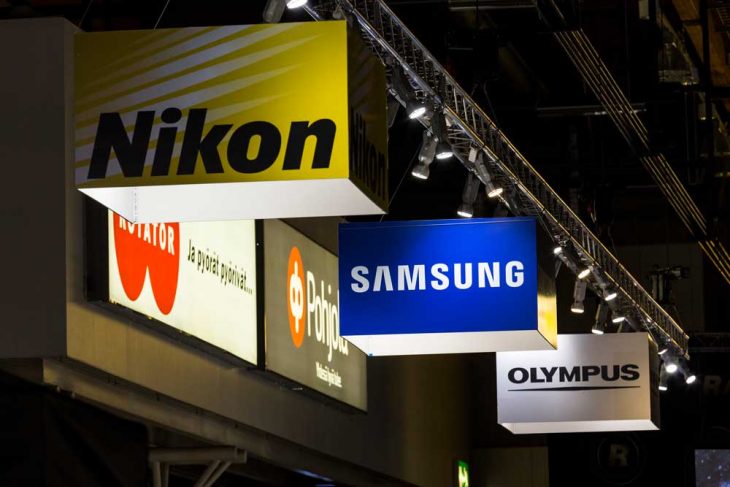
As consumers we have a choice…but is it a good one?
In times past, the scope of products and services available to the consumer was very limited. Manufacturers produced what they could, and the emphasis was on supply, as demand was already there – albeit an artificial demand due to the limitation of supply and the lack of manufacturers. Also, due to less resellers or middlemen, manufactures were mostly in control of the merchandise, marketing, pricing, and supply. Even today, in some areas of the world, consumer choice is still limited, in the most part for the same reasons.

However, in most of the world today, there is an abundance of choice in the consumer society, but is it really a good thing? Can having more and more options and alternatives actually make the consumer experience less pleasurable? Due to the ever increasing options we are presented with even for a considerably simple purchase, the variations available can certainly make the experience more difficult in choosing the right option. Add to this the resulting cognitive dissonance that the consumer might go through, can result in a distressing consumer experience.

Consider the mobile phone, around 1999 I purchased my first mobile phone. There were very few options around so I ended up purchasing a Nokia 3110. The phone was basically capable of phone calls, and sending SMS – nothing much else. It only had a small LCD screen in black and white, but I was very happy with my purchase as this was high technology at the time. Fast forward just a few years, and I purchased a Nokia 6600 – a larger screen in (almost) full colour, and one very important added feature of a camera – although the images taken would be that approximate size of a postage stamp! A camera on a phone, who ever thought there would be a need for such a feature? Nowadays the number of features on a mobile (or I should say smartphone) and the sheer number of choices and variants out there are bewildering – and for the most part people seem to use them for anything but phone calls. Also, the size seems to be increasingly growing as we demand more screen size for all the things we want to achieve with our mobile device.

In addition to the increasing variations and offerings of products from so many different manufactures, we also have the choice of when and where to make our purchases through the possibility of the Internet. Now we have the possibility of global purchasing as a consumer, and the choices seem limitless. Consumers spend more time online exploring choices, searching for and evaluating alternatives than they ever did before. This in turn leads to a much more extended purchasing process with the actual purchase itself taking up little time.

With all of this choice literally at our fingertips, what happens when we make the wrong choice – or what we consider to have been the wrong choice? Who is responsible for this? Well, when there was little or no choice, we might normally blame manufacturers for a poor product, but when we have an abundance of choice ultimately we are responsible for choosing incorrectly. This then leads to a whole downward spiral of our buying experience and unhappiness with the purchase we made. This in turn can have a knock-on effect for future purchases – maybe we spend more time in evaluating alternatives, and ultimately become more anxious thinking about what happens if we get it wrong!

So, consumer choice might be almost limitless in today’s economy, but does it affect our efficiency to make decisions and are we happier in society because of our plethora of choices? Add to this the niggling doubt that we always have at post-purchase – that we could have made a better choice!
- IBSEN meeting November 2025 – Split, Croatia - 12th December 2025
- Wondering where to get lunch in Kouvola town? - 5th December 2025
- IBSEN Realgame – an international ERP/SCM experience for students - 28th November 2025



